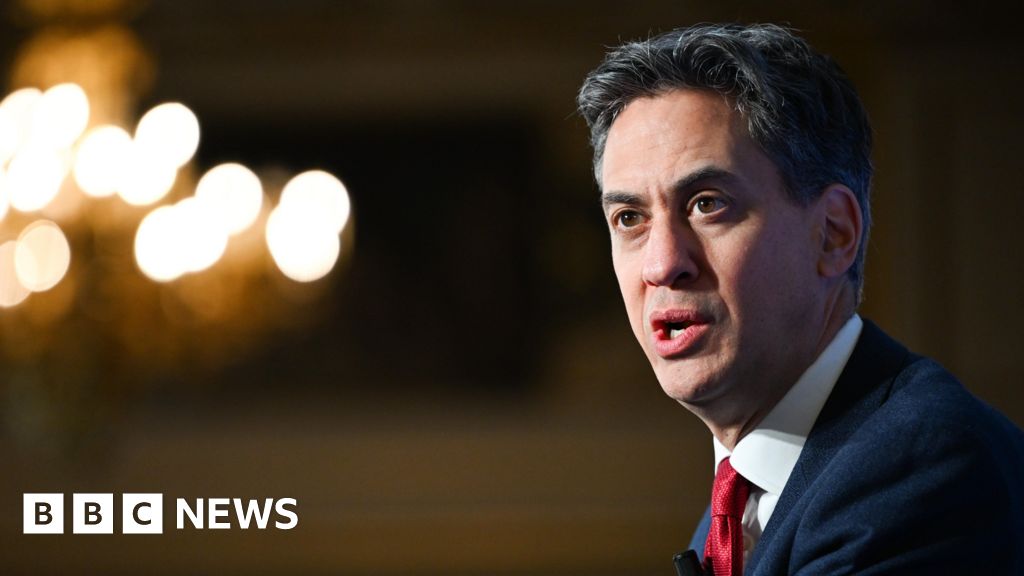The luxury market is undergoing a radical transformation as it adapts to the growing spending power of Gen Z. Along with Millennials, these consumers accounted “for the entire growth of the luxury market in 2022,” according to Bain & Company, and are predicted to represent 70% of luxury spending by 2025.
The challenge for luxury brands is that Gen has increasingly divergent value systems from previous generations of consumers. To attract and keep them engaged, luxury brands are rapidly having to move beyond the traditional notions of luxury–such as status, legacy, prestige, and heritage–towards a new set of values: inclusivity, sustainability, transparency, technology, and circular innovation.
This is leading to a deconstruction of the luxury market as it builds connections with other, often unexpected, parts of culture and commerce. On the ground, this can be seen in surprising partnerships between luxury brands and high-street brands, particularly ones that have the cultural cachet or values that luxury brands are seeking to develop. But brands have to tread carefully here.
Tiffany & Co’s highly anticipated collaboration with Nike on a limited edition pair of Air Force Ones may have pushed the boundaries of what “luxury” means today–but it caused a backlash on social media as sneaker connoisseurs, notorious for their discernment, claimed that “you can’t buy cred.”
eBay’s surprising entry into the luxury market was perhaps more successful. The brand’s recent Luxury Exchange pop-up in New York invited shoppers to have their luxury goods appraised and valued, which they could then use to purchase items from the platform’s top luxury sellers, including Bottega Veneta and Cartier. This shows how new notions of fluidity and transparency can reposition an everyday brand such as eBay at the cutting edge of luxury. It also shows the willingness of luxury brands to forge unlikely partnerships as a way to express these emerging values.
The eBay example also highlights how the luxury sector is evolving to meet the growing demand for pre-owned luxury goods, a market estimated to be worth €43 billion in 2022 (circa $46 billion). This trend is being fueled by the importance younger consumers are placing on sustainability and circular economies. 84% of Gen Z consumers and 73% of Millennials will spend more on sustainably produced and ethically sourced products, according to Tata Consultancy Services. This is partly due to their desire to become “collectors” in their own right and buy second-hand luxury items as sustainable investments and assets to trade at a later date, rather than as pristine status symbols or heirlooms.
Rolex recently launched a certified pre-owned program, a move that shows how luxury brands can adapt to new notions of luxury while maintaining traditional values of superior quality and heritage. In 2021, LVMH-owned watchmaker Zenith launched a range that authenticates, restores, and certifies models from its archives to sell to consumers shopping for pre-owned luxury goods.
Meanwhile, Prada’s first foray into fine jewelry is a collection made from 100% recycled gold. It was launched with a campaign featuring poet and activist Amanda Gorman, a clear sign that the new figureheads of luxury are those that represent diversity, inclusivity, community, and equality.
The luxury sector is also engaging younger consumers by showing an appreciation of emerging technology and using it to help realize other emerging values, such as transparency and inclusivity.
LVMH, Prada, and Mercedes-Benz have started using blockchain technology to help trace the lifecycle of their products to show that each one has been responsibly made and sourced, and is 100% authentic. This has significant implications for the luxury jewelry market, with De Beers already exploring how every single diamond they use can be traced using blockchain.
Brands are also using technology to create virtual spaces to engage younger consumers, such as the experimental ‘Gucci Vault’: an interactive fashion experience that includes a virtual display of vintage items and games that teach players about the luxury house’s history. Meanwhile, Web3 digital marketplaces are disrupting the luxury sector by offering designers an alternative marketplace where they can sell both physical and digital versions of their products, such as NFTs.
A mere five or 10 years ago, all of these developments–from high-street partnerships and second-hand goods to circular economies and virtual marketplaces–would have felt jarring for the luxury sector. Today, they seem completely culturally relevant, a clear indication of just how widely and rapidly young people are redefining the values of the luxury market.
Sophie Maxwell is partner, futures and insight, at Pearlfisher, a strategic creative and brand design agency in London and New York.
The opinions expressed in Fortune.com commentary pieces are solely the views of their authors and do not necessarily reflect the opinions and beliefs of Fortune.
More must-read commentary published by Fortune:
Credit: Source link











